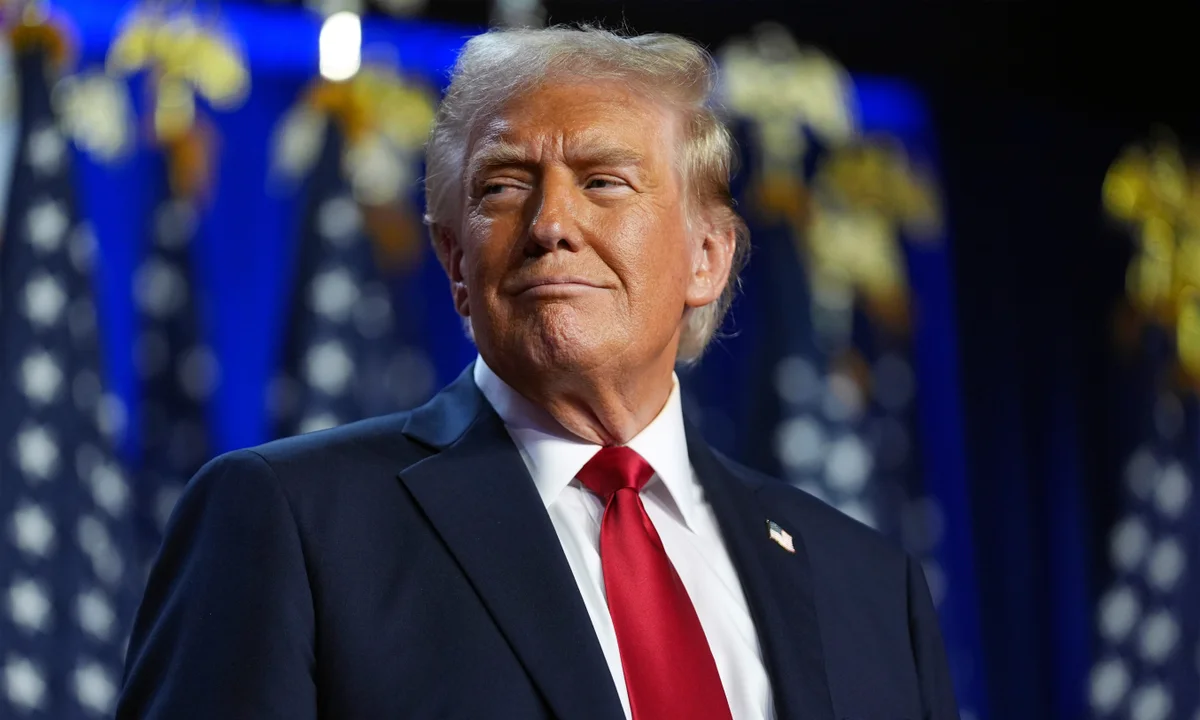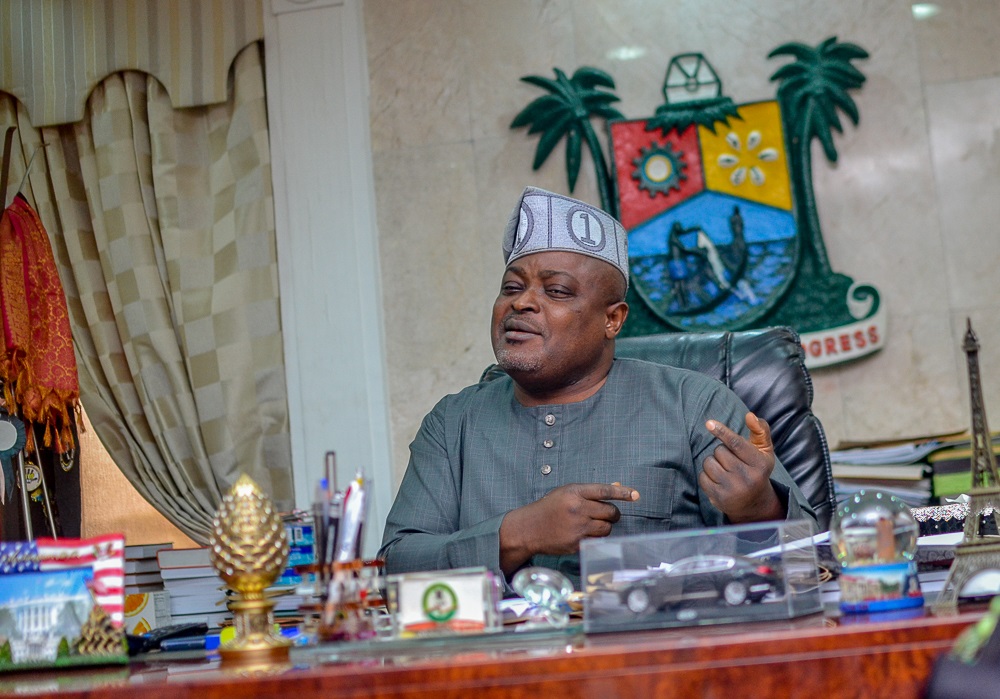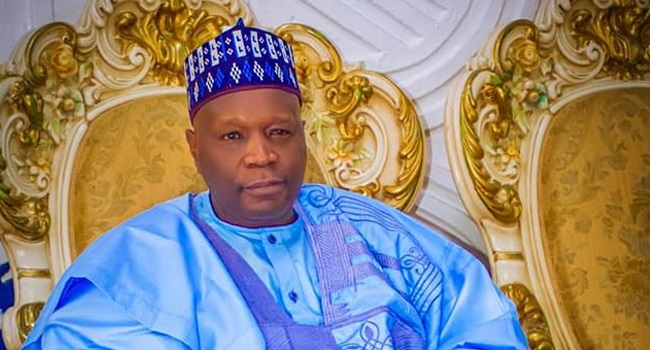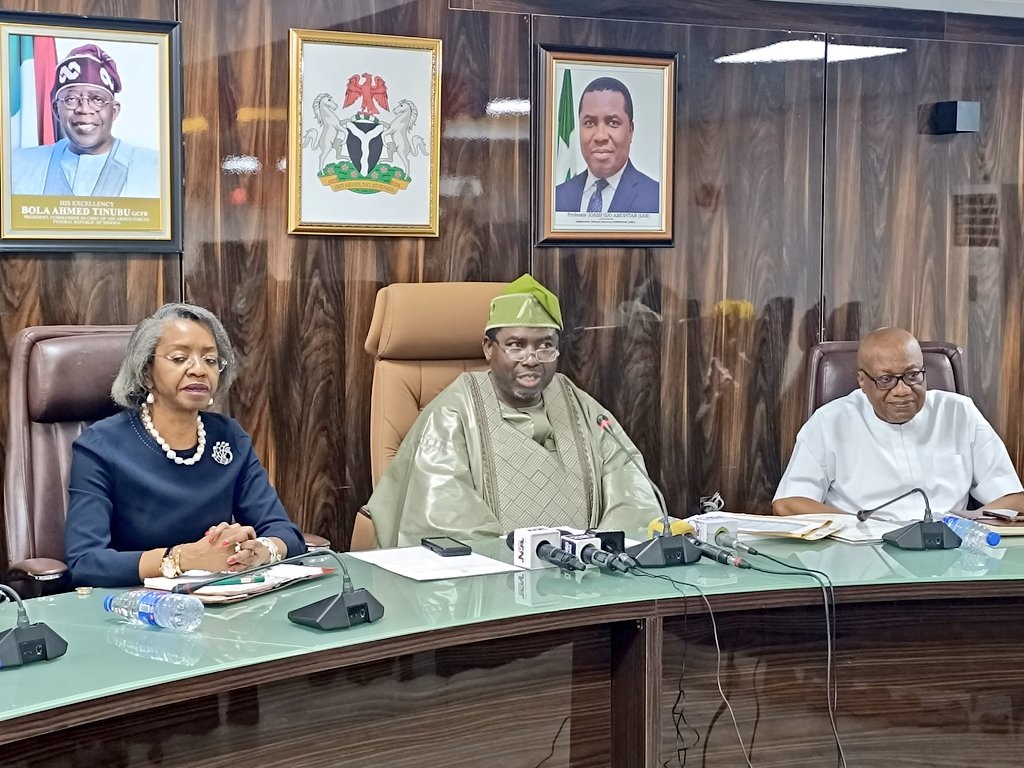Donald Trump is billed to take the oath of office today and return the White House, an office he left four years ago in chaotic fashion when he struggled to concede defeat after he was defeated by the outgoing President Joe Biden.
However, a determined Republican Trump came back and swept to victory in the November 5 presidential election thoroughly defeating his main rival Kamala Harris, the candidate of the Democratic Party.
Since he emerged victorious the global community has been anxious and uncertain about the direction Trump will take the US on issues such as immigration, the war between Russia and Ukraine and the devastating Israeli war against Hamas in Gaza, which has been ameliorated by the ceasefire leading to hostage and prisoner releases between Israel and Hamas on Sunday.
As Trumps returns to the White House, the world is waiting to see if he will really be a more disciplined and effective version of himself different from the chaotic character that he appeared to be in the first term.
Speaking to Newsmen on Sunday, former Nigerian High Commissioner to Singapore, Ambassador Ogbole Ode, said Trump’s first term was marked by the “doctrine of America first” policy , which was not necessarily wrong but almost alienated the US from the global arena judging by the position and prestige of the US in global affairs.
He tasked African countries, especially Nigeria to brace up for whatever challenge the Trump presidency might bring by building their economies and stop depending on handouts from the US and others.
Also speaking to Newsmen Dr. Christian Okeke, lecturer in Department of Political Science Nnamdi Azikiwe University Awka, Nigeria, with Specialization in International Relations , said the inauguration of Trump today is going to be a game changer within the international system, both in the negative and positive dimensions.
He noted that the greatest worry, just like in his first term, is on the effect on developing countries, and to some extent on the competing states.
He said “Largely for Africa and Nigeria, Trump’s presidency has always provided a double-edge effect, which should ordinarily contribute to rapid development of the continent but has so far sadly proven to be missed opportunity.
“For insurance, Trump’s trade protectionist measures which could trigger tensions and policy summersaults, as well as his stringent immigration policies, in real sense, offer opportunities for Africa to think inwards and improve governance for the benefit of her people.
“Expectedly, Trump’s early days in office will witness tariff hikes and universal 10 percent tariff on foreign-produced goods and services with concomitant harm to trade flows and foreign reserves but come with a challenge for African leaders to consider beneficial local trade reformative policies and prioritisation of comparative advantages if there is genuine interest at all on regional development.
“Definitely, remittances to Africa will drop as Trump’s administration embarks on the deportation of undocumented migrants but in the long run, African receiving countries stand to benefit from the returning skilled workers by way of local economic growth, especially if opportunities and right environment are provided.”
Dr. Okeke said further that this is the time for African countries to vigorously pursue and strengthen intra-African trade through the African Continental Free Trade Area (AfCFTA).
“Instead of perceiving a bleak period, Trump’s second term should spur efforts by African leaders to stabilise their countries’ economies, improve governance, foster sustainable development and improve the power of their respective states on the global stage.
“Since Trump’s administration is expected to implement drastic aid cuts, it is going to be a sort of rough ride for African political elites who arguably and largely have remained ultimate beneficiaries but the next four years should lead to a rethink of the continent’s fiscal strategies and ways of turning her abundant human and natural resources into benefits for her people rather than continuing with incurable dependency on the West,” he said.
International Constitutional law expert Livingstone Wechie said Trump presidency will have deep implications for Africa and indeed Nigeria, stressing that Trump’s approach will be an America first agenda most definitely.
He said Trump may trigger some adjustments by Europe, NATO, and other Stakeholder bodies in the current conflict zones. “As for Ukraine, it will be a watershed to see what Trump will achieve if a deal can be reached to scale down the war with Russia,” Wechie said.
He added that Africa may need to tighten up and not expect to be spoon-fed with Donald Trump as America’s 47th President, stressing that Trump will focus more on profit for America and it will not be at the expense of the United States but based on the options for the USA to take a big brother lead.
“The option for Africa may be to leverage on America’s desperate bid to unseat Russia and China in Africa. Trump may hinge his negotiations to cause Africa to look the US direction away from whatever the duo of Russia and China may be offering. Sadly Africa contributes as of today less than 3% of global economy. The implication is that under Trump’s tenure, Africa must seat up,” he said.
Nigeria should take the lead in Africa but Wechie believes that the country’s leadership in Africa is shrinking and may be further subordinated by Trump.
“The trend of policy somersault in Nigeria may negatively impact on the opportunities at stake. Trump’s first administration began drafting a Free Trade Agreement with Kenya until President Joe Biden came in and set it aside in favour of the Strategic Trade and Investment Partnership.
“Trump did unveil a ‘new Africa Strategy’ to advance US trade and commercial ties with African nations aimed at dismantling Russian and Chinese dominance but Africa has not been able to create a vantage for itself making the region highly vulnerable, Wechie added.





